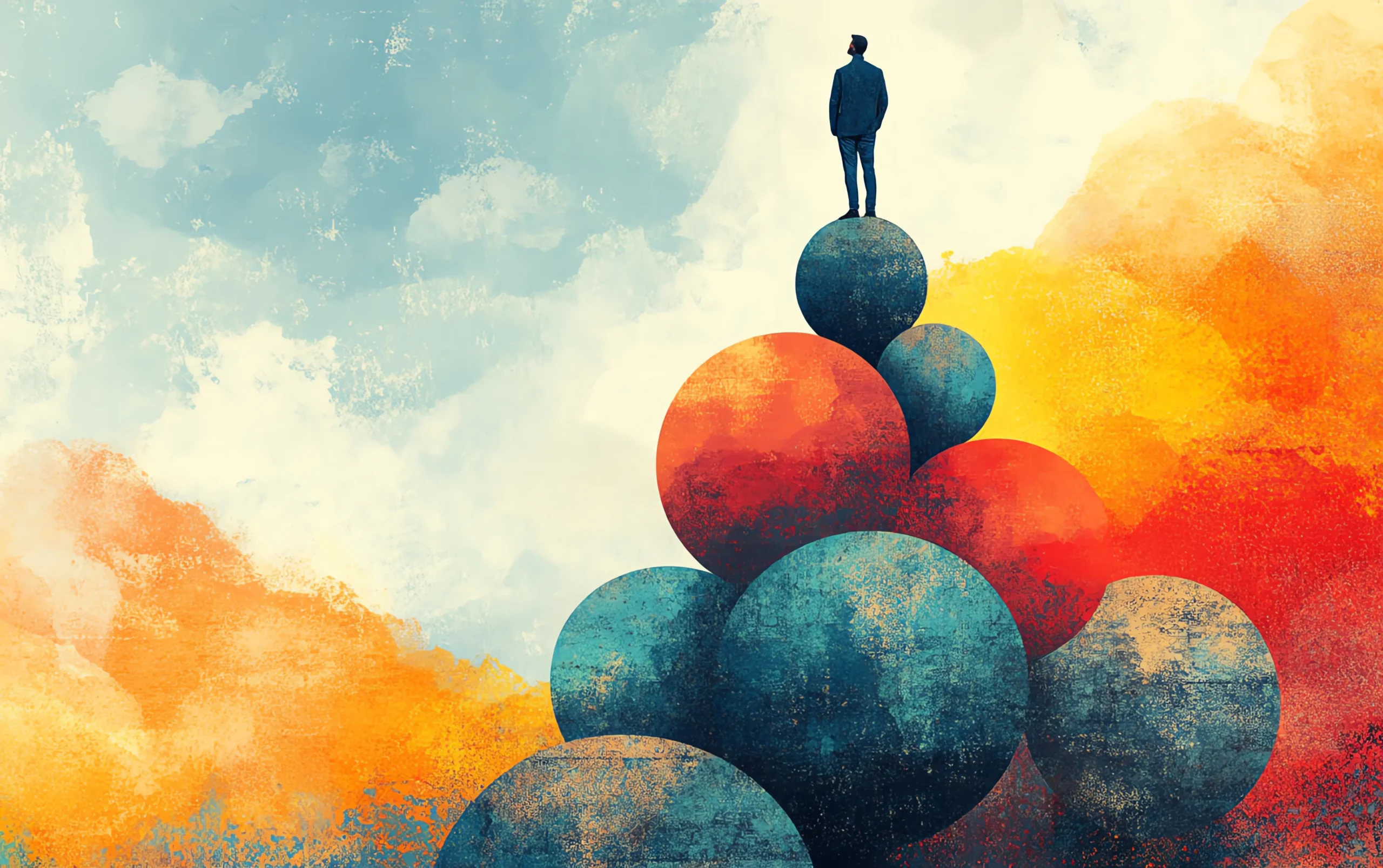Table of Contents
Understanding Blame in Recovery
Why blame becomes a powerful and destructive force post-addiction, often rooted in shame and past trauma
Addiction recovery is one of the most courageous journeys a person can take. It demands honesty, vulnerability, strength, and a willingness to heal. But for many individuals, the hardest part comes after the substances are gone. That’s when an invisible, heavy burden often settles in—the relentless voice of self-blame. This voice isn’t just critical. It’s punishing. It replays every mistake, every broken promise, every painful memory, and demands answers. “Why did I do that?” “How could I hurt the people I love?” “What kind of person lets addiction control their life?” These aren’t questions asked with curiosity; they’re accusations fueled by shame, guilt, and unresolved trauma.
For many people in recovery, blame becomes the hidden addiction. It’s a coping mechanism that tries to make sense of the chaos by turning inward and declaring, “It was all my fault.” And while taking responsibility is important in healing, blame is not the same as accountability. Blame keeps us stuck. It thrives in the shadows of trauma—often dating back to childhood neglect, abuse, or other forms of emotional pain that were never given space to heal. When someone has spent years numbing pain through substances, they often haven’t had the opportunity to explore these root issues. So when sobriety comes, those buried emotions resurface, and blame becomes the brain’s way of trying to cope.
A 2020 study in the Journal of Substance Abuse Treatment found that individuals with high levels of self-blame after addiction were significantly more likely to experience depressive symptoms, anxiety, and lower self-worth. In essence, blame doesn’t help us recover—it anchors us in suffering.
How Blame Affects Mental Health and Relationships
The way constant self-blame poisons self-esteem, leads to isolation, and damages relationships with others
Self-blame doesn’t stay in the mind. It seeps into every aspect of a person’s life—how they talk to themselves, how they connect with others, and how they envision their future. It often masquerades as humility or self-awareness, but underneath, it’s deeply corrosive.
Think of someone you know (or perhaps it’s you) who constantly says things like “I’m just a screw-up,” “I’ll never get it right,” or “They’d be better off without me.” These statements aren’t just sad—they’re harmful. They create a narrative that the person is unworthy of love, respect, or happiness. And once that narrative is believed, it’s incredibly difficult to maintain healthy relationships.
In relationships—whether romantic, familial, or platonic—self-blame creates distance. Why? Because when you see yourself as damaged, you assume others see you that way too. This leads to withdrawal, defensiveness, or over-apologizing. A parent in recovery might avoid their children out of guilt. A partner might sabotage their relationship because they feel they don’t deserve to be happy. Over time, this behavior becomes a self-fulfilling prophecy.
Real-life example? Consider James, who struggled with alcohol addiction for over a decade. After getting sober, he wanted to rebuild his relationship with his teenage daughter. But every time he saw her, the guilt of missed birthdays and broken promises overwhelmed him. He avoided eye contact, canceled visits, and told himself she was better off without him. Eventually, she stopped trying to reach out—believing he didn’t care. But the truth was, he cared too much, and the weight of blame became the wall between them.
In this way, self-blame doesn’t just hurt the person feeling it—it isolates them from the very people who could help them heal. And without connection, recovery becomes an even steeper mountain to climb.
Breaking Free from the Cycle
Techniques like cognitive reframing, therapy, and accountability practices that help shift blame into personal growth and healing
So, how do we escape this toxic cycle? How do we move from a mindset of “I’m broken” to “I’m healing”? The good news is that recovery doesn’t stop at sobriety—it evolves into emotional freedom, and that journey often begins with reframing the role of blame.
1. Cognitive Reframing
One of the most effective tools in therapy is cognitive reframing—learning to shift negative thought patterns into more balanced, realistic ones. Instead of thinking “I ruined everything,” a reframed thought might be “I made mistakes, but I’m actively working to make amends and grow.” This isn’t about sugarcoating the past. It’s about refusing to let shame be the only narrator of your story.
2. Trauma-Informed Therapy
A huge step in understanding blame is recognizing where it comes from. Working with a trauma-informed therapist can uncover old wounds that have never healed. Often, self-blame is the adult version of a child who was made to feel at fault for things out of their control. Therapy creates a safe space to revisit those moments—not to relive them, but to release them.
3. Accountability Without Shame
There’s a big difference between saying “I hurt someone” and saying “I am someone who only hurts others.” Accountability means taking ownership of your actions and actively working to make amends. Shame says you’re permanently bad. Recovery flourishes when we practice accountability without internalizing shame. One helpful practice is writing letters to those we’ve hurt (even if we don’t send them) to reflect on the past and express what we’ve learned.
4. Support Groups and Story Sharing
Hearing others share their journey—especially their moments of regret and redemption—can be incredibly healing. Whether it’s through 12-step programs, community support groups, or online forums, connection is the antidote to isolation. You realize you’re not the only one carrying blame, and in that shared vulnerability, healing begins.
Conclusion: Rewriting the Story with Compassion and Courage
Recovery is not just about putting down a drink or walking away from drugs. It’s about confronting the emotional wounds that addiction tried to hide. Self-blame is one of the heaviest weights a person can carry post-addiction—but it’s not one you have to carry forever. The truth is, healing doesn’t happen through punishment. It happens through compassion, curiosity, and courage.
You are allowed to hold yourself accountable without shaming yourself into silence. You are allowed to grow from your past instead of being haunted by it. And you are allowed to rewrite your story—with honesty, hope, and a belief that your life still holds endless value and possibility.
If you’re someone battling with self-blame in recovery, know this: you are not alone. There are resources, people, and communities ready to walk this journey with you. You are not your worst mistake. You are your comeback. And every single day you choose healing, you are already winning.










